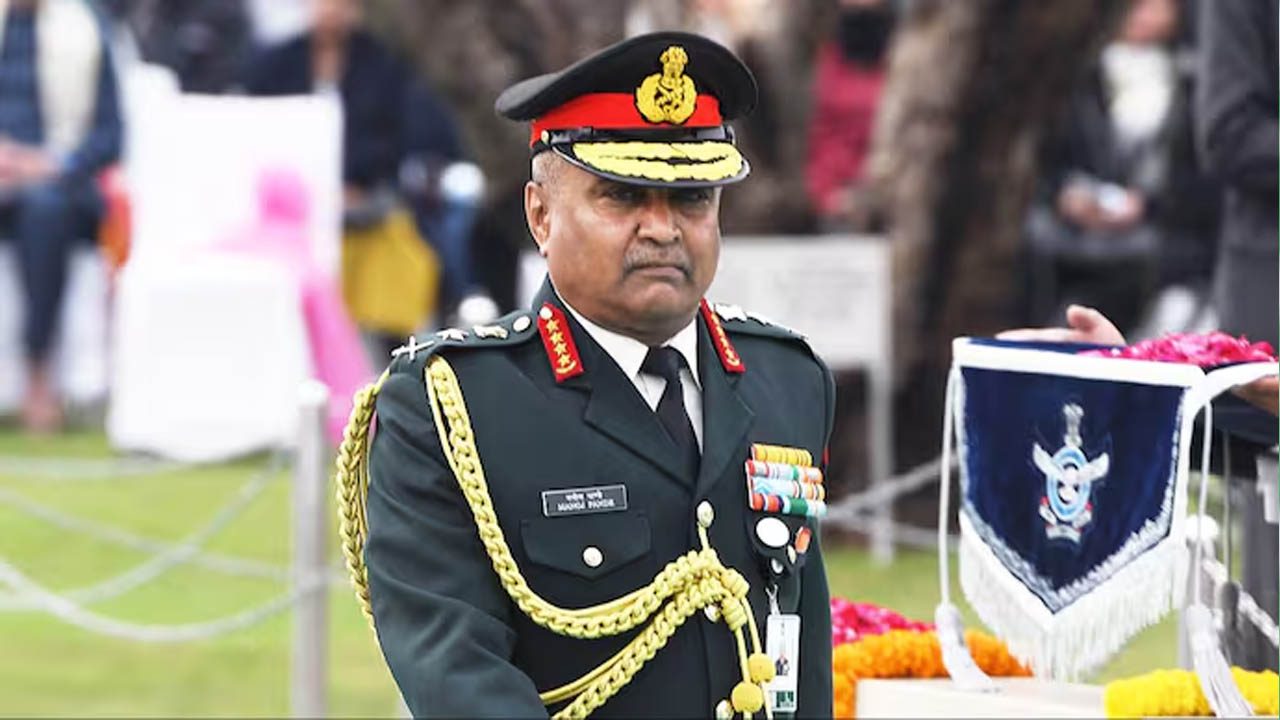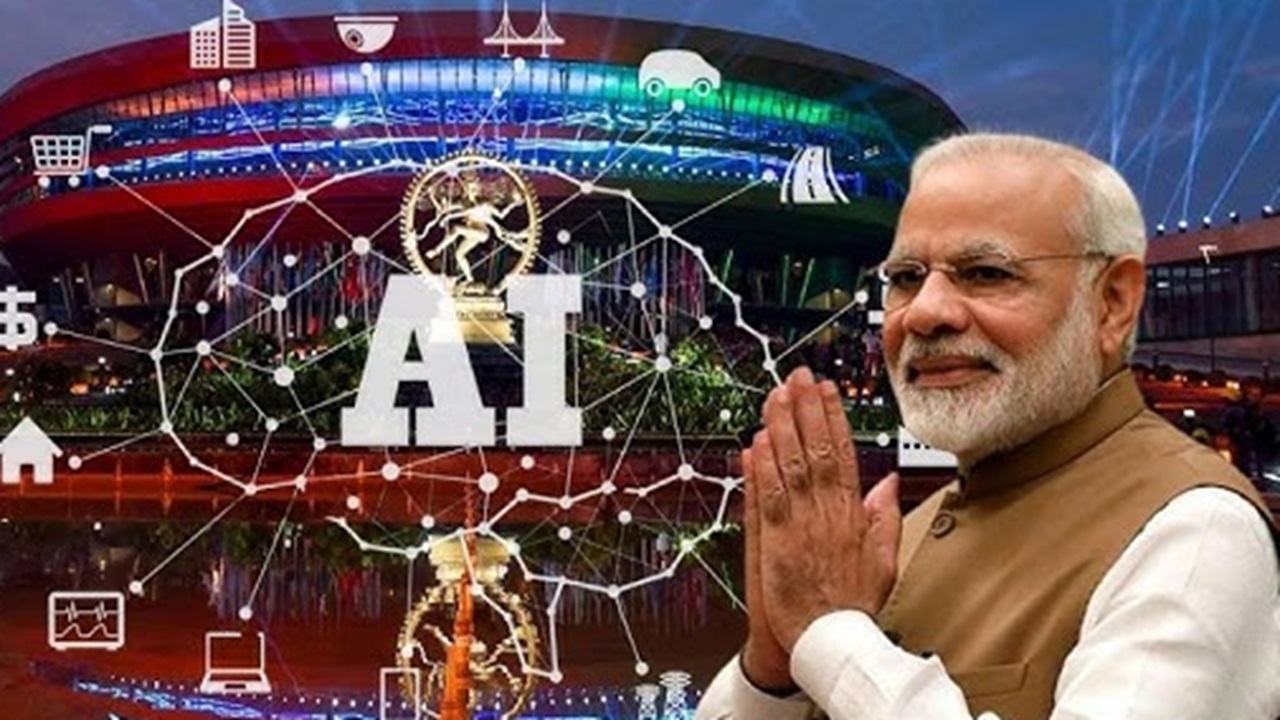The government opted to extend the tenure of Army chief General Manoj Pande by a month, disrupting conventional expectations and fueling speculation within defense circles.
· The announcement of General Pande’s extension has injected uncertainty into the succession plan for the Indian Army’s leadership.
· Among the senior Army officers believed to be in contention for the role of Army chief are Lieutenant General Upendra Dwivedi, and several others holding key positions within the military hierarchy.
· Whoever assumes the mantle of Army chief will inherit a host of challenges, ranging from promoting inter-service cooperation to navigating politically sensitive initiatives.
In a move that caught many by surprise, the government opted to extend the tenure of Army chief General Manoj Pande by a month, disrupting conventional expectations and fueling speculation within defense circles. This decision, seemingly drawn from the pages of Sun Tzu’s “The Art of War,” appears calculated to mystify and confound, leaving observers grappling with questions about the underlying motivations and implications.
The extension for General Pande marks a departure from historical norms, where such short-term extensions for military chiefs have been sparingly granted. The last instance of such an extension occurred over half a century ago, underscoring the rarity of such occurrences and the significance of the current deviation from established practices.
The announcement of General Pande’s extension has injected uncertainty into the succession plan for the Indian Army’s leadership. With General Pande’s retirement looming and no clear successor named, the corridors of power are abuzz with speculation regarding the government’s intentions and the criteria guiding the selection process.
Among the senior Army officers believed to be in contention for the role of Army chief are Lieutenant General Upendra Dwivedi, currently serving as the Army vice-chief, and several others holding key positions within the military hierarchy. The delay in announcing General Pande’s successor has only intensified speculation, leaving stakeholders eager for clarity and resolution.
While the rationale behind General Pande’s extension remains undisclosed, conjecture abounds regarding the government’s strategic calculus. Some speculate that the extension may signal a departure from traditional seniority-based appointments, with the government possibly considering a merit-based approach that takes into account factors beyond mere seniority.
The extended tenure of General Pande has introduced a layer of complexity into the succession dynamics of the Indian Army. With no clear frontrunner emerging, the government faces the delicate task of navigating competing interests and considerations to identify a suitable candidate capable of leading the military through a period of significant transformation and strategic realignment.
Whoever assumes the mantle of Army chief will inherit a host of challenges, ranging from promoting inter-service cooperation to navigating politically sensitive initiatives such as the Agniveer recruitment scheme. Additionally, the recent enactment of the Inter-Services Organisations Act has set the stage for the creation of unified theatre commands, further underscoring the importance of selecting a leader capable of guiding the military through this period of transition.
As General Pande’s extended tenure draws to a close, the quest for his successor intensifies. The government’s decision regarding the next Army chief will not only shape the future trajectory of the Indian Army but also send a signal about its approach to leadership and governance in the defense sector. In an environment marked by uncertainty and speculation, the need for clarity and decisiveness has never been more pressing.
(With inputs from agencies)








